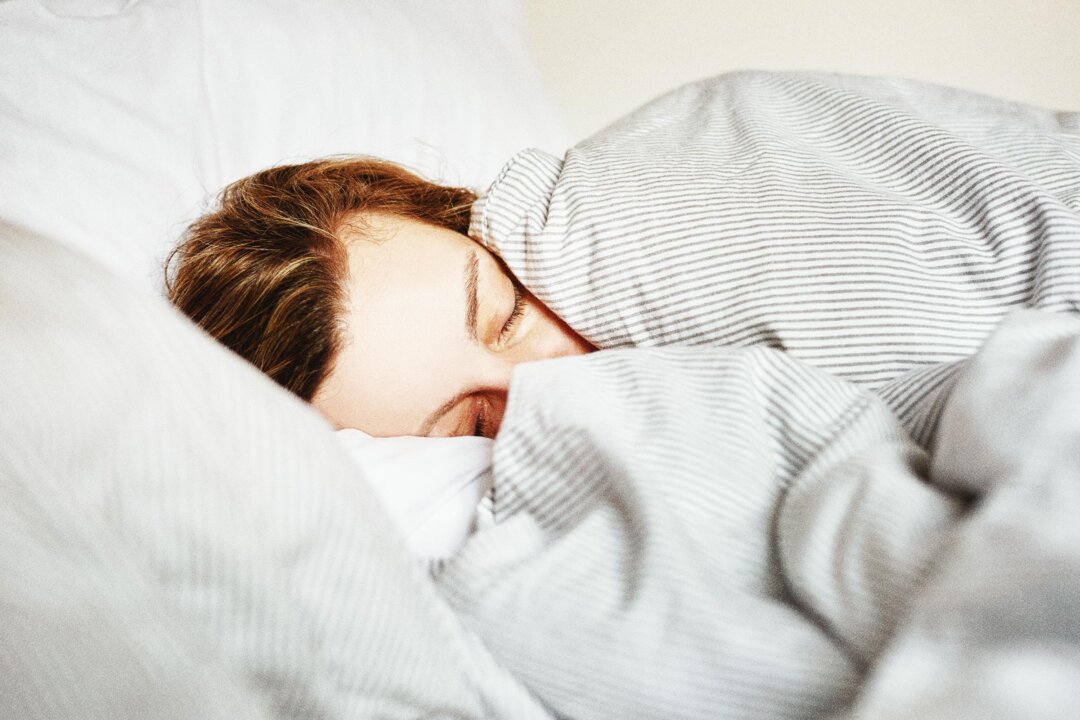Research indicates that sleep patterns significantly influence overall health, with a recent focus on the benefits of early bedtimes. Individuals like Joanna Bidwell, who often work late into the night, have begun to question the long-term effects of their sleep habits. Bidwell, who enjoys unwinding by watching shows or scrolling on her phone after midnight, recognizes that her late nights make mornings challenging. She has expressed concern over whether her sleep schedule could be linked to her elevated blood pressure.
The prevailing belief among sleep scientists is that the timing of sleep is just as crucial as the total amount of sleep. While many may assume that sleeping from midnight to 8 a.m. is as beneficial as sleeping from 10 p.m. to 6 a.m., emerging evidence suggests otherwise. Research indicates that earlier bedtimes and wake-up times can lead to improved physical health outcomes, regardless of an individual’s natural sleep preference, known as their chronotype.
Health Risks Associated with Late Sleep Patterns
Numerous studies have shown that late bedtimes can contribute to various health issues. For instance, research published in the journal *Sleep* found that individuals who consistently go to bed late are at a higher risk of developing conditions such as obesity, diabetes, and cardiovascular diseases. This raises important questions about the long-term implications of modern lifestyles that often prioritize late-night activities over early rest.
Bidwell’s experience is not unique. Many individuals report feeling foggy and disoriented in the mornings, a phenomenon that can be attributed to disrupted circadian rhythms. The body’s internal clock regulates not only sleep-wake cycles but also essential bodily functions, including blood pressure. Disruption of this clock, often caused by irregular sleep patterns, may lead to health complications over time.
Understanding Chronotypes and Their Effects
Chronotypes refer to an individual’s natural preference for morning or evening activities. While some people thrive as “morning larks,” others function better as “night owls.” However, the societal structure often favors early risers, which can lead to a mismatch between one’s natural inclinations and lifestyle demands. This misalignment may exacerbate health risks associated with late-night activities.
Health experts emphasize the importance of aligning daily routines with natural sleep patterns. Dr. Charles Czeisler, a sleep researcher at Harvard Medical School, notes that “the timing of sleep is crucial for maintaining optimal health.” He advocates for a consistent sleep schedule that aligns with the body’s natural rhythms, recommending that individuals aim for earlier bedtimes to enhance their overall well-being.
In conclusion, the relationship between sleep patterns and health is complex and warrants further exploration. Individuals like Joanna Bidwell may benefit from adjusting their sleep schedules to better align with their body’s natural rhythms. As research continues to unfold, it is clear that prioritizing early bedtimes could be a wise strategy for fostering long-term health.

































































